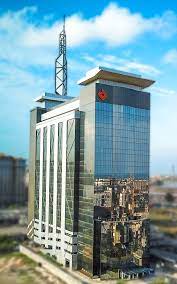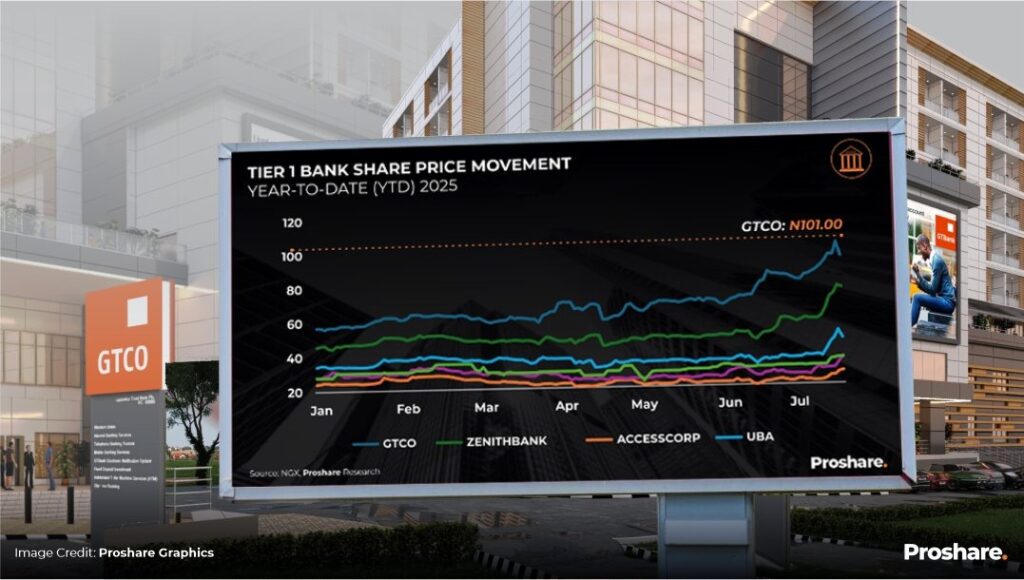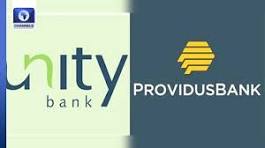Access Holdings Muted Share Price Debacle:When Investors Fight Back

Access Holdings, one of Nigeria’s prominent financial institutions, faced significant challenges in terms of investor perception. Despite its strengthened capital base and industry asset leadership , the bank’s share price suffered from poor perception among stock investors. Several factors contributed to this negative sentiment, including slow progress in resolving regulatory forbearance exposures, subpar financial performance, and concerns over governance and management.
The slow progress in resolving regulatory forbearance exposures was a major concern for investors. This uncertainty contributed to the decline in investor interest and the subsequent drop in share price. Furthermore, Access Holdings’ financial performance was not as robust as some of its peers, with sluggish return on equity (ROE) that was lower than expected. This lackluster performance led to a decline in investor interest and a muted share price relative to its peers. Additionally, the bank’s exposure to high-risk sectors raised concerns among investors, with some questioning the bank’s ability to manage its risk effectively.
A comparative analysis of Guaranty Trust Holding Company (GTCO) and Access Holdings reveals stark differences in their financial performance. GTCO’s gross earnings/profitability ratio stands at an impressive 47.44%, indicating a robust profit after tax margin. In contrast, Access Holdings’ gross earnings/profitability ratio is significantly lower at 13.16%, suggesting that the company has room for improvement in terms of profitability. This disparity in profit margins may be attributed to various factors, including differences in business strategies, operational efficiency, and market positioning.
The return on assets (ROA) metric also highlights a notable difference between the two companies. GTCO’s ROA of 6.89% indicates that the company is generating a decent return on its assets, while Access Holdings’ ROA of 1.55% suggests that the company’s asset utilization is relatively inefficient. This may be due to various factors, including asset allocation, operational efficiency, and investment decisions. Overall, GTCO’s financial performance appears to be stronger than Access Holdings, with higher profit margins and better asset utilization. However, Access Holdings may still have opportunities for growth and improvement, particularly if it can optimize its asset base and improve its operational efficiency [6].
A comparative analysis of Tier-1 bank stocks revealed varying degrees of performance. While GTCO’s share price surged 62.7% from N57.00 to N93.00, Zenith Bank’s share price jumped from N45.85 to N75, and UBA’s share price rose from N34.20 to N46. In contrast, Access Bank’s share price showed a relatively modest gain, increasing from N24.10 to N27.45. This disparity in performance may be attributed to various factors, including differences in financial performance, strategic initiatives, and investor sentiment.
Notably, GTCO’s successful listing on the London Stock Exchange and its exemption from the Central Bank’s forbearance loan policy may have contributed to its strong share price performance. Meanwhile, Access Bank’s slower progress in resolving regulatory forbearance exposures may have tempered investor enthusiasm, resulting in a more subdued share price movement.
In contrast to Access Holdings, GTCO had achieved a milestone that served as a testament to investor confidence. Guaranty Trust Holding Company PLC (GTCO) made history by becoming the first NGX-listed financial company to trade above the N100 per share threshold, reaching a milestone price of N101.00 on July 16, 2025. This achievement reflected strong investor confidence, driven by the bank’s sustained positive performance, strategic initiatives, exemption from the Central Bank of Nigeria’s forbearance loan, policy, and successful listing on the London Stock Exchange.
With a market capitalization of N3.68 trillion, GTCO demonstrated its dominance in the Nigerian banking sector, boasting a market capitalization more than twice that of Stanbic IBTC, despite similar share price levels around N100. These movements indicated a strong performance in the banking sector, driven by strategic initiatives and positive investor sentiment, and GTCO’s milestone achievement was a positive indicator of the sector’s growth potential.

GTCO and other Tier 1 banks in Nigeria received better perception from investors due to their strong financial performance, effective governance, and robust risk management practices. GTCO demonstrated impressive financial metrics, including a price-to-earnings ratio of 4.29 and a market capitalization of N3.46 trillion. Its current price was N93.00, with a beta coefficient of 1.22. The bank’s successful listing on the London Stock Exchange also boosted investor confidence.
This strong performance was not unique to GTCO, as other Tier 1 banks such as Zenith Bank and UBA also demonstrated impressive financial metrics. Zenith Bank was ranked as one of the most profitable banks in Nigeria, with a profit after tax of N577.99 billion in H1 2024. Its market capitalization reached N1.49 trillion. UBA also demonstrated strong financial performance, with a profit after tax of N316.36 billion in H1 2024.
While GTCO’s achievement was a positive development for the banking sector, Access Holdings’ struggles highlighted the challenges faced by some banks in meeting investor expectations. As the banking sector continued to evolve, banks would need to demonstrate strong financial performance, effective governance, and robust risk management practices to win back investor confidence. In the short term, Access Holdings would need to have addressed its regulatory forbearance exposures and demonstrated a clear plan for meeting the Central Bank’s recapitalisation requirements. The bank would also need to have improved its financial performance and demonstrated a commitment to good governance and risk management practices.




